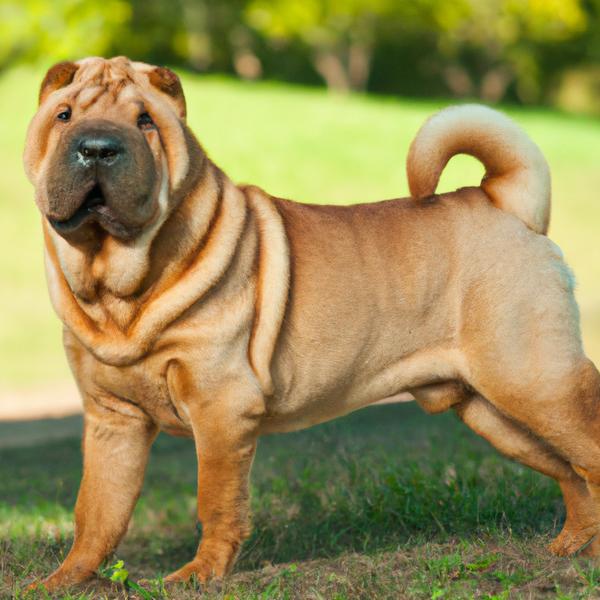Chinese Shar-Pei vs. Sheltie Inu: Breed Differences and Similarities
Hypoallergenic
Are Chinese Shar-Peis or Sheltie Inus hypoallergenic, or neither?
Unfortunately, neither Chinese Shar-Pei nor Sheltie Inu are hypoallergenic, which may not make them the best choice for dog lovers who suffer from pet allergies.
Watchdog Ability
Which dog breed makes a better watchdog, the Chinese Shar-Pei or Sheltie Inu?
The Chinese Shar-Pei and Sheltie Inu breeds are not the best choice if you want good watchdogs. If you're looking for guard dogs, these breeds are not the right ones for you. They will 'watch' everything - but that's usually as far as they go.
Ancestry
What are the origins of Chinese Shar-Pei and Sheltie Inu breeds?
Chow Chow
Shiba Inu and Shetland Sheepdog
Date of Birth
When were Chinese Shar-Pei and Sheltie Inu breeds first developed?
206 BC
Unknown
Eye Color Possibilites
What are the eye colors of Chinese Shar-Pei and Sheltie Inu dogs?
Brown
Blue
Brown
Nose Color Possibilites
What are the natural nose colors of Chinese Shar-Pei and Sheltie Inu?
Black
Black
Coat Color Possibilites
What are the natural colors of the coat for Chinese Shar-Pei and Sheltie Inu breeds?
Black
Fawn
Cream
Red
Black
Pied
Red
Brown
Sable
Cream
Coat Length
What is the typical coat length for Chinese Shar-Pei and Sheltie Inu breeds?
The coat of Chinese Shar-Pei and Sheltie Inu dogs falls in the medium-length category.
Coat Density
What is the density of the coat of Chinese Shar-Pei and Sheltie Inu?
Coat Texture
What is the hair texture of Chinese Shar-Pei and Sheltie Inu?
Straight
Litter Size
What is the usual litter size for Chinese Shar-Pei and Sheltie Inu?
A Chinese Shar-Pei can have a litter of 8-12 puppies on average. However, it's worth noting that the size of the litters can vary greatly. Factors that can influence litter size include the health of the mother, breeding history, and genetics.
A Sheltie Inu can have a litter of 4-6 puppies on average. However, it's worth noting that the size of the litters can vary greatly. Factors that can influence litter size include the health of the mother, breeding history, and genetics.
Major Concerns
What are the major health concerns for Chinese Shar-Pei and Sheltie Inu breeds?
Entropion
Hip Dysplasia
Kidney Problems
Chinese Shar-Pei Fever
Mast Cell Tumors
Patellar Luxation
Canine Hip Dysplasia
Patent Ductus Arteriosus (PDA)
Ulcerative Dermatosis
Minor Concerns
What minor health issues should be kept in mind when owning Chinese Shar-Pei and Sheltie Inu?
Patellar Luxation
Elbow Dysplasia
Demodectic Mange
Skin Problems
Heat Sensitivity
Cataracts
Hypothyroidism
Legg-Calve-Perthes Disease
Corneal Dystrophy
Progressive Retinal Atrophy (PRA)
Collie Eye Anomaly (CEA)
vonWillebrand’s Disease
Occasional Tests
What occasional tests are recommended for Chinese Shar-Pei and Sheltie Inu breeds?
Eye
Hip
Elbow
Blood
Knee
X-Rays
Physical Examination
Thyroid Tests
Eye Examination
Skin Evaluation
Blood Analysis
Electrocardiograph (ECG - measures rate and rhythm)
Hip and Elbow X-rays
Energy
How do the energy levels of Chinese Shar-Peis and Sheltie Inus compare?
Chinese Shar-Peis' high energy levels make them unsuitable for a low-key dog, choose accordingly.
Sheltie Inus are suitable for those with a balanced lifestyle as they have an average energy level.
Exercise Needed
Chinese Shar-Pei vs Sheltie Inu exercise need comparison.
Chinese Shar-Peis need moderate physical activity and are great for families and active individuals.
Sheltie Inus need only a small amount of physical activity, ideal for busy or elderly people or those with limited space.
Tendency to Bark
Do Chinese Shar-Peis or Sheltie Inus bark more/less frequently?
Compared to most other breeds, Chinese Shar-Pei and Sheltie Inu tend to be less vocal and bark less frequently. They typically only bark when necessary, such as to communicate or alert their owner, and do not bark excessively, especially when left alone.
Past times
What are some enjoyable activities and ways to keep Chinese Shar-Pei and Sheltie Inu entertained?
Napping, Exploring, Jogging, Walking, Cuddles, Sniffing, Fetch, Sleeping, Running, Going on walks, Chewing bones, Cuddling, Eating Snacks, Walk, Tug-of-war, Play, Walks
Catch treats, Tug-of-war, Catch, Hiking, Squeaky Toys
Activity Level
Which breed has higher energy, Chinese Shar-Peis or Sheltie Inus?
Both Chinese Shar-Pei and Sheltie Inu are medium-energy dogs that enjoy socializing and playing with other dogs. They may engage in casual or sustained games of chase, and occasionally have bursts of barking or racing around the house.
Walks per Week
How many miles should Chinese Shar-Pei or Sheltie Inu walk each week?
There's really no limit to how far you walk your dog as long as they're comfortable. For Chinese Shar-Pei, it's at least 8 miles / week. Just remember to build distance and stamina gradually over time.
There's really no limit to how far you walk your dog as long as they're comfortable. For Sheltie Inu, it's at least 14 miles / week. Just remember to build distance and stamina gradually over time.
Activity per Day
Do Chinese Shar-Peis or Sheltie Inus require more exercise?
Both Chinese Shar-Pei and Sheltie Inu typically require a minimum of 60 minutes of exercise each day. The exercise can be spread throughout the day and may involve high-energy activities like walking, running, and playing.
Grooming
Which breed is easier to maintain in terms of grooming, Chinese Shar-Peis or Sheltie Inus?
The Chinese Shar-Pei has low grooming needs and is easy to maintain.
Sheltie Inus require significant grooming, including regular trims and professional grooming assistance to maintain their coat. They may also require frequent bathing to keep their coat and skin healthy.
Brushing Frequency
What is the recommended brushing frequency for Chinese Shar-Pei and Sheltie Inu dogs?
Ideally, both Chinese Shar-Pei and Sheltie Inu should be brushed at least 2 or 3 times a week (preferably daily) to improve shedding.
Brushing Tools
What brushing tools are used for Chinese Shar-Peis and Sheltie Inus?
Slicker Brush
Nail Clipper
Pin Brush
Comb
Scissors
Nail Clipper
Cups
How much food should be given to Chinese Shar-Pei or Sheltie Inu in cups?
For an average 45-60 pound (20 - 27 kg) Chinese Shar-Pei feed 3 cups daily. But, keep in mind, the amount you feed is going to be dependent on the quality of the food you are feeding.
For an average 17-24 pound (8 - 11 kg) Sheltie Inu feed 1 cups daily. But, keep in mind, the amount you feed is going to be dependent on the quality of the food you are feeding.
Daily Cost
Which breed has a higher daily cost, Chinese Shar-Pei or Sheltie Inu?
The average cost of a Chinese Shar-Pei is somewhere $1.70 - $2.00 per day.
The average cost of a Sheltie Inu is somewhere $1.30 - $1.40 per day.
Monthly Cost
Which breed has a higher monthly cost, Chinese Shar-Pei or Sheltie Inu?
The average per month expenses of a Chinese Shar-Pei is between $48 - $63. This makes an average of $576 - $756 per year. It will be on the higher side when the dog is still small because it will need more frequent visits to the vet, shots.
The average per month expenses of a Sheltie Inu is between $35 - $42. This makes an average of $420 - $504 per year. It will be on the higher side when the dog is still small because it will need more frequent visits to the vet, shots.
Intelligence
Comparing Intelligence: Chinese Shar-Peis vs Sheltie Inus
Chinese Shar-Pei and Sheltie Inu have average obedience intelligence, but they're also independent thinkers. This breed is known for having an exceptionally high IQ, which means they may get into trouble if left to their own devices.
Affection Dependance
Which is the more affectionate dog breed: Chinese Shar-Pei vs Sheltie Inu?
Dog Friendly
Which breed is more sociable with other dogs: Chinese Shar-Pei or Sheltie Inu?
Chinese Shar-Peis are less friendly towards other dogs, but can improve with socialization.
Sheltie Inus are friendly and active companions, and can be good family pets, though their friendliness towards other dogs may vary.
Playfulness
Which breed is more playful between Chinese Shar-Pei and Sheltie Inu?
Chinese Shar-Peis are a playful breed that needs daily playtime to be happy.
Sheltie Inus have an average level of playfulness, enjoying playtime like most dogs but not excessively so.
Trainability
How do the trainability levels of Chinese Shar-Peis and Sheltie Inus compare?
Chinese Shar-Pei and Sheltie Inu dogs are usually easy to train, but may require consistency to fully obey commands.
Compare Chinese Shar-Pei with other breeds
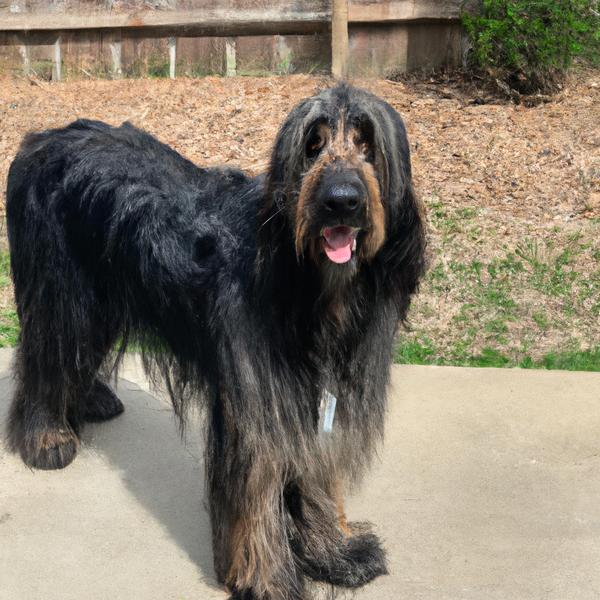
Black and Tan Coonoodle
Chinese Shar-Pei vs Black and Tan Coonoodle
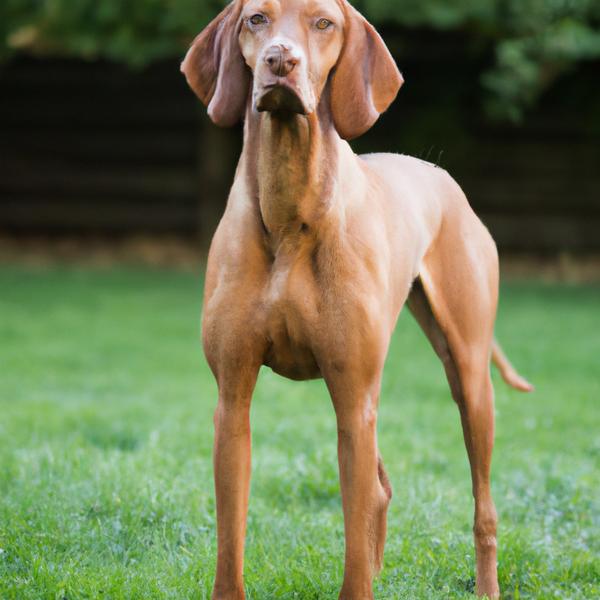
Vizsla
Chinese Shar-Pei vs Vizsla
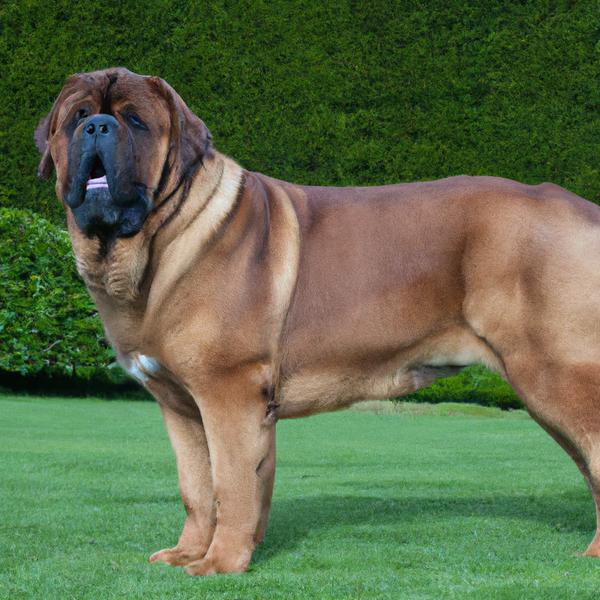
Irish Mastiff
Chinese Shar-Pei vs Irish Mastiff
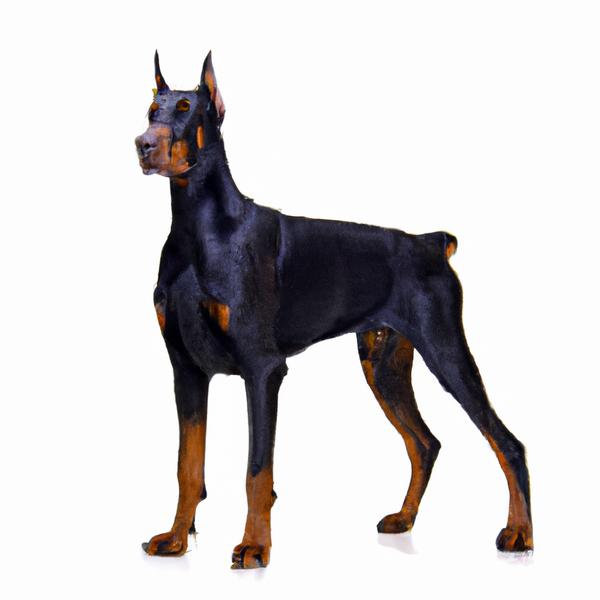
Doberdane
Chinese Shar-Pei vs Doberdane
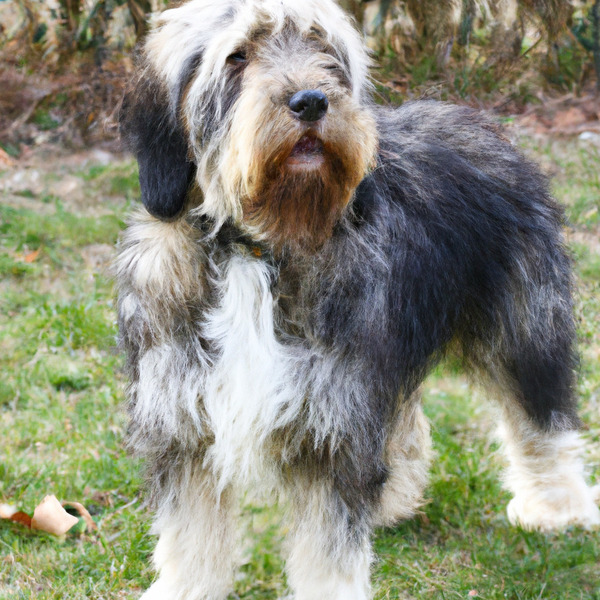
Petit Basset Griffon Vendeen
Chinese Shar-Pei vs Petit Basset Griffon Vendeen
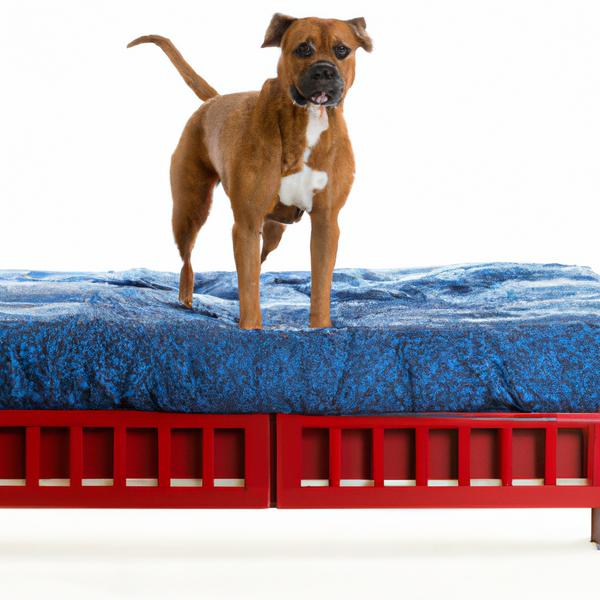
Boxspring
Chinese Shar-Pei vs Boxspring
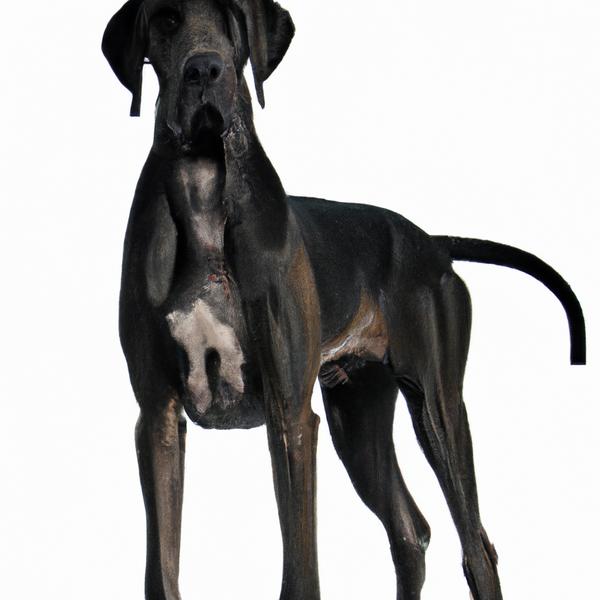
Cortese
Chinese Shar-Pei vs Cortese
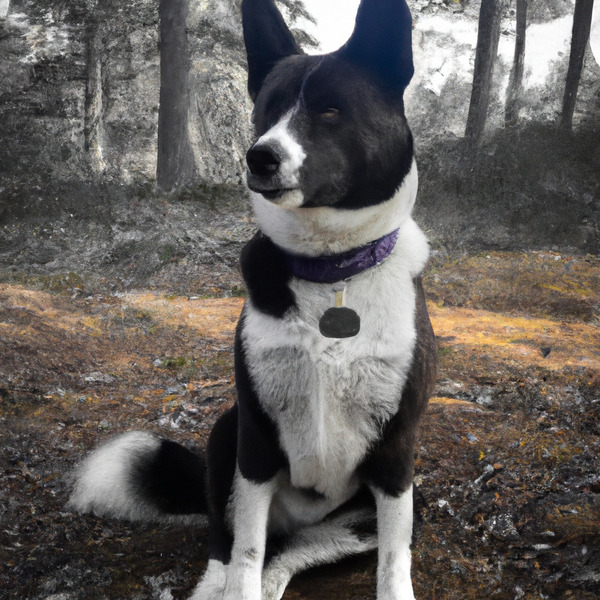
Karelian Bear Dog
Chinese Shar-Pei vs Karelian Bear Dog

Cocker Griffon
Chinese Shar-Pei vs Cocker Griffon
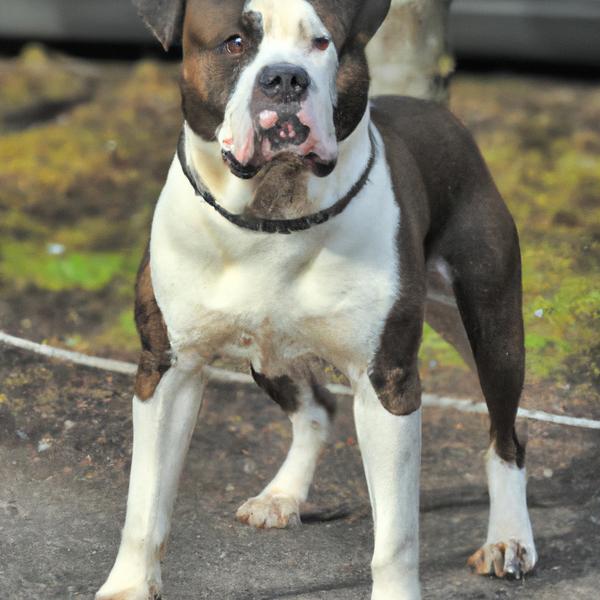
American Bullador
Chinese Shar-Pei vs American Bullador

Scorkie
Chinese Shar-Pei vs Scorkie
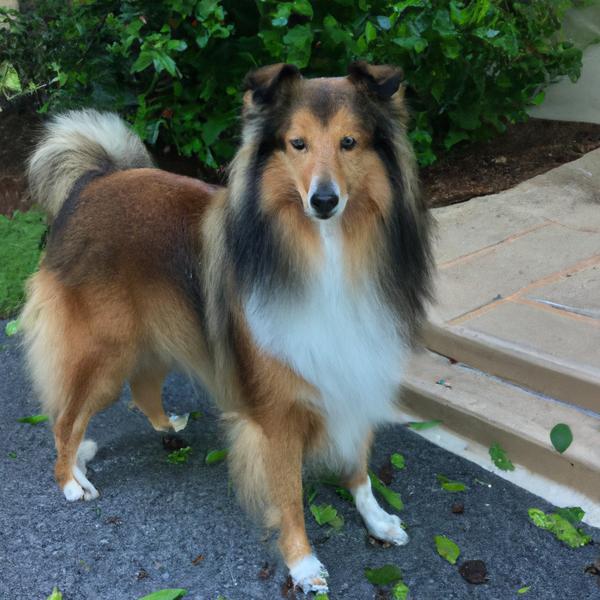
Sheltie Inu
Chinese Shar-Pei vs Sheltie Inu
